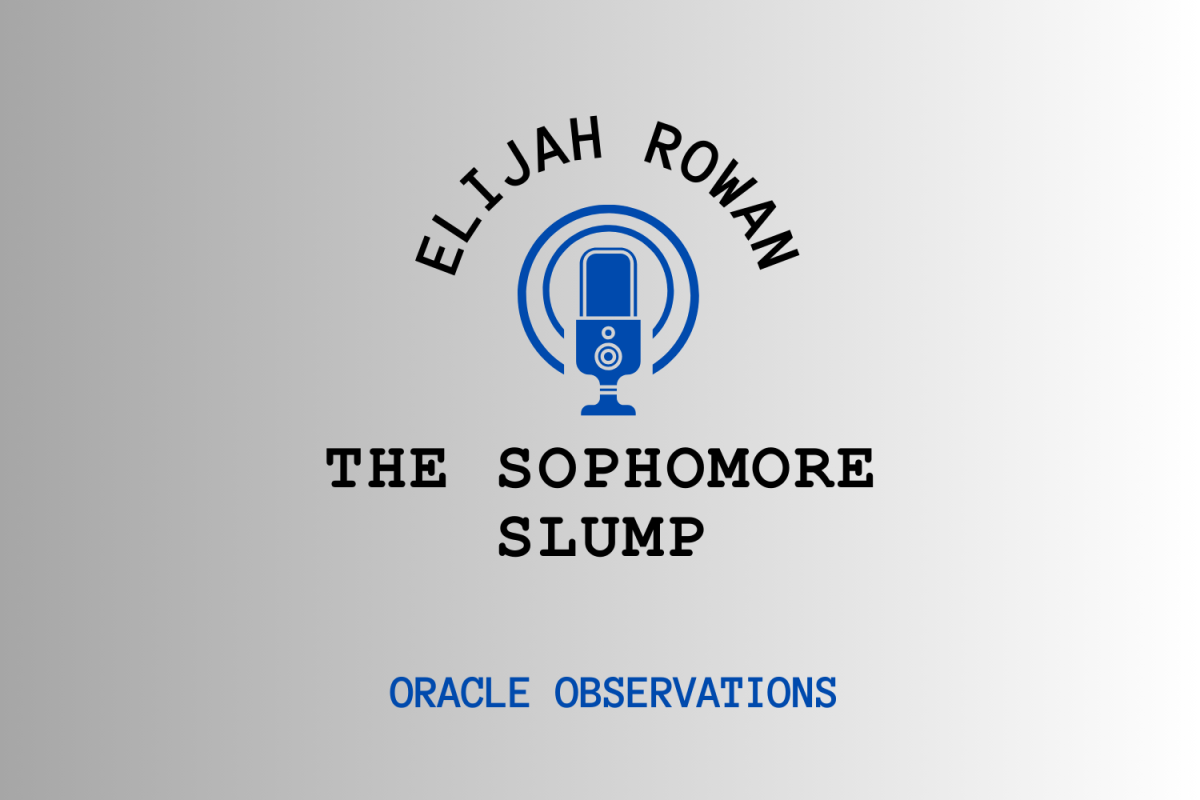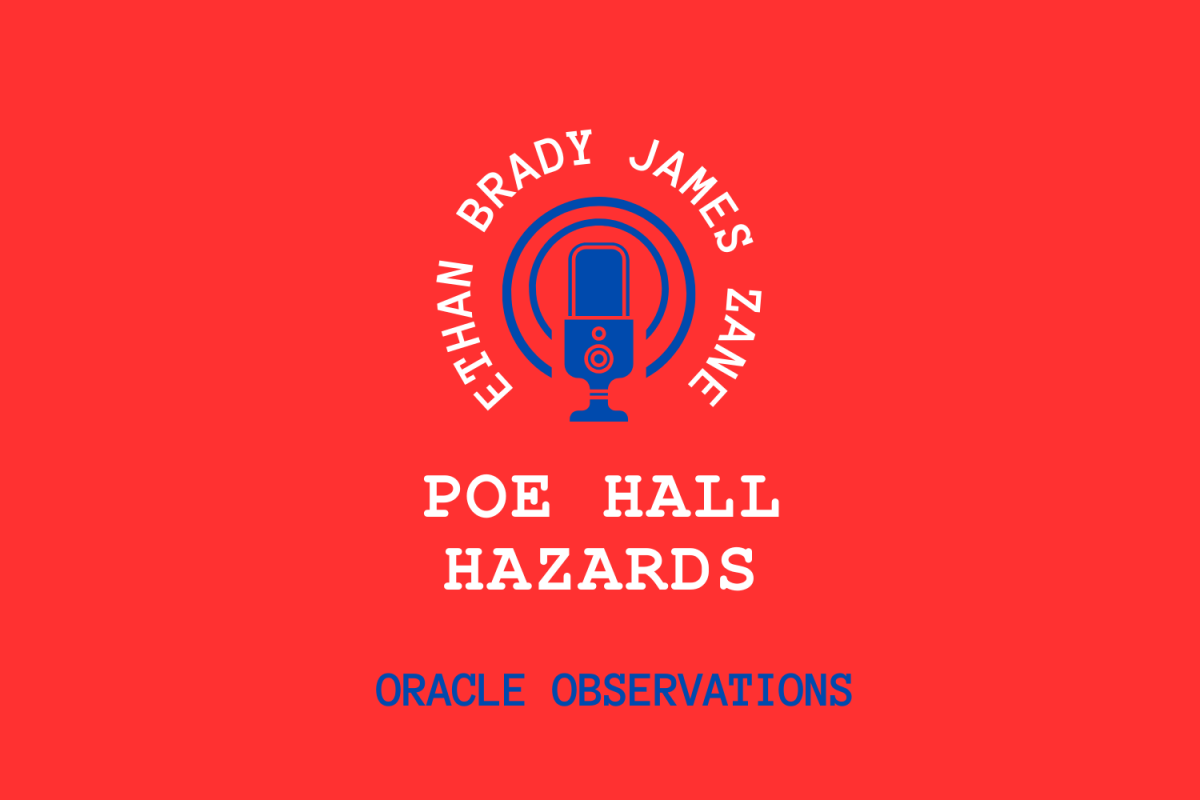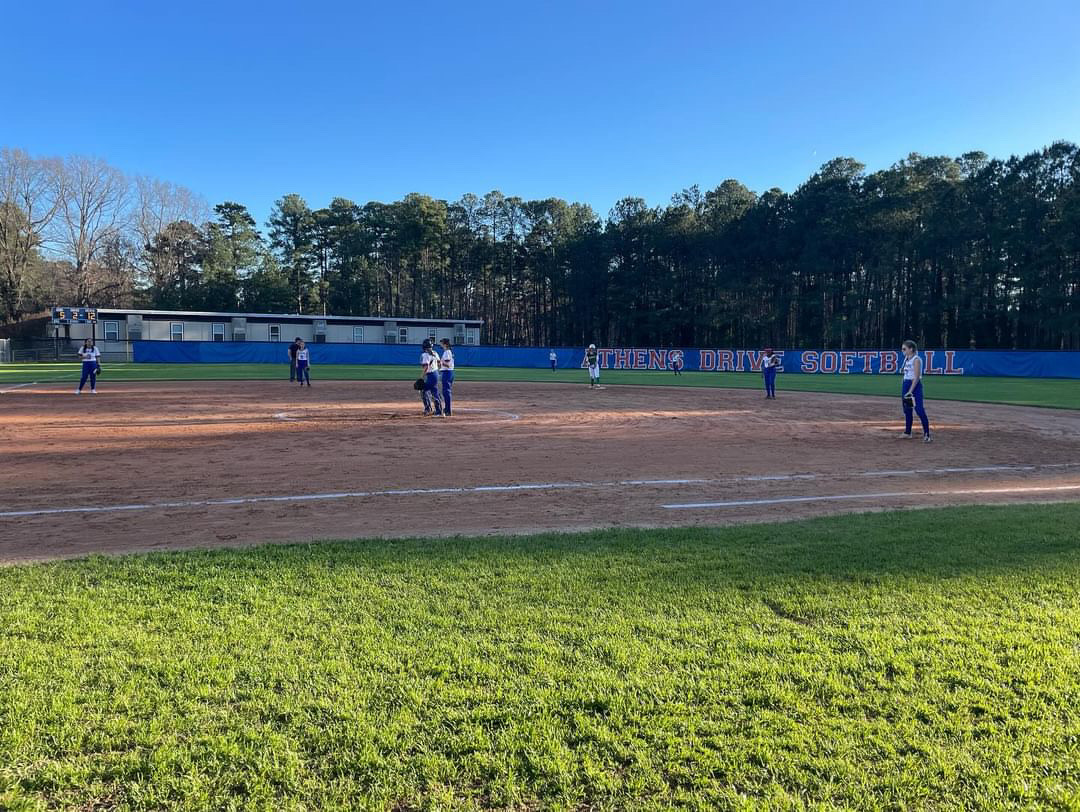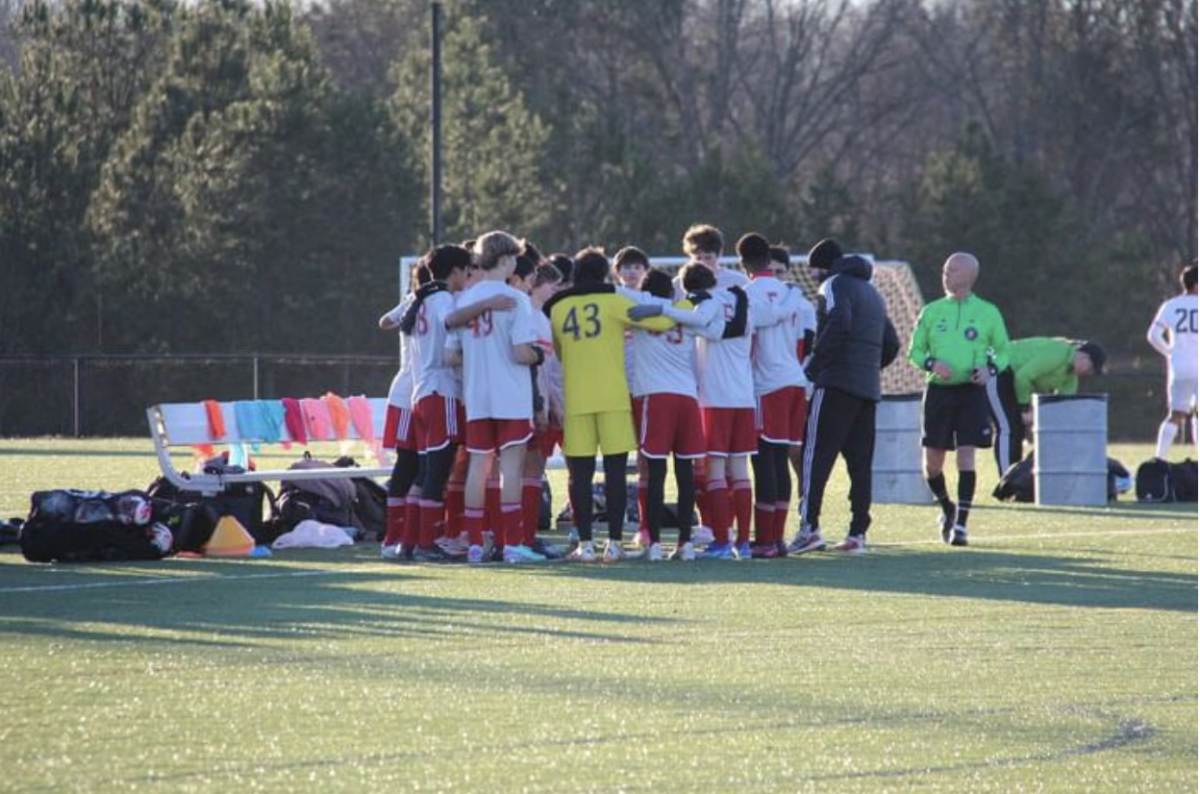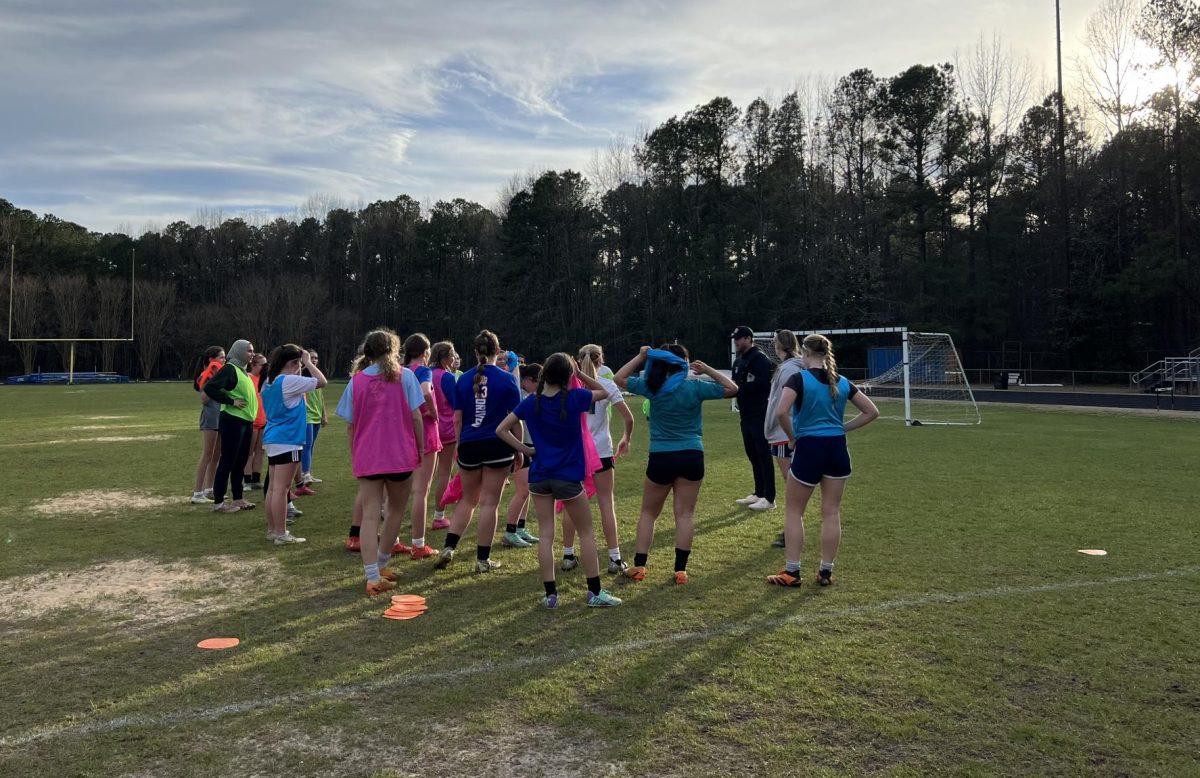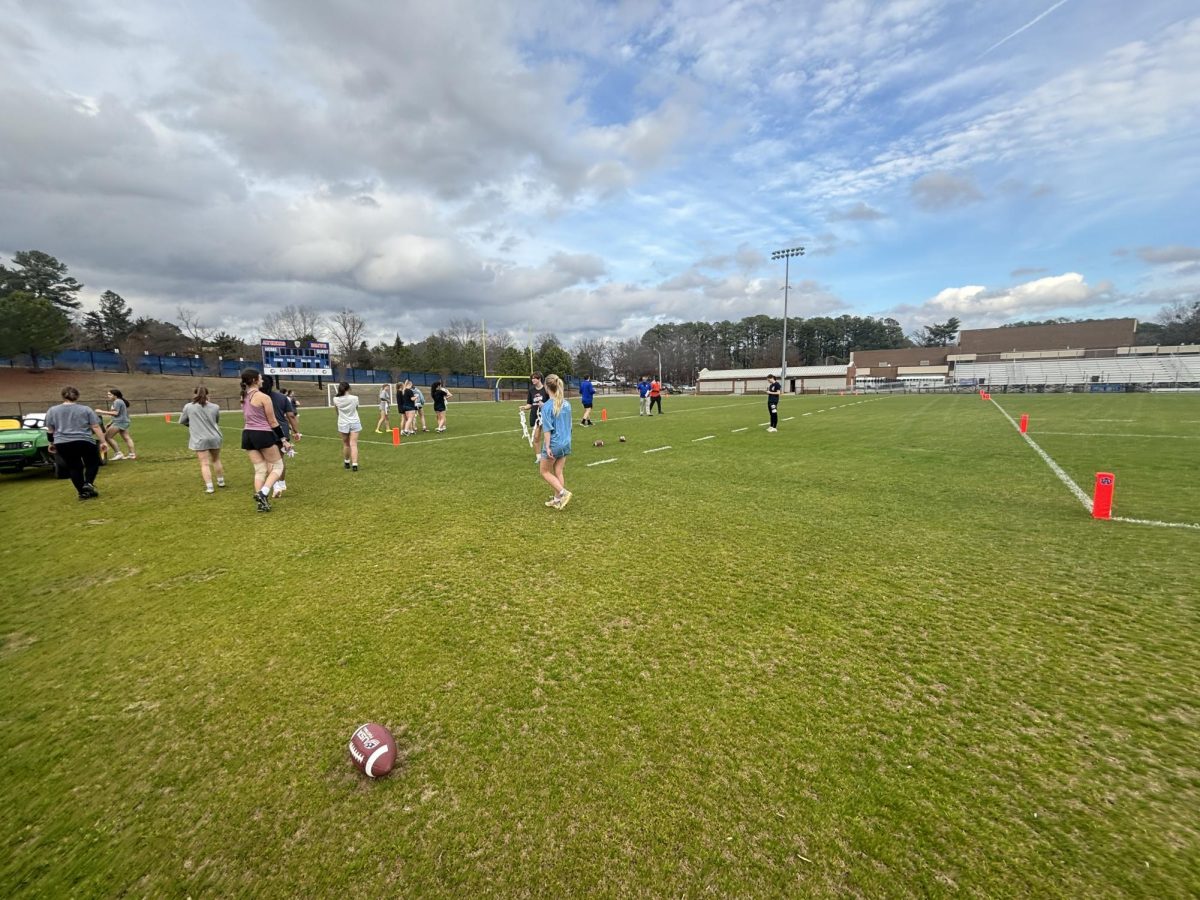
The commissioner of Major League Baseball (MLB), Rob Manfred, recently proposed rule changes to speed up the game of baseball. Among the changes approved in 2017 include a limit on the time spent to review a play, no pitching on intentional walks, and moving the time at which a umpire can choose to review a play to the 8th inning of the game. These changes have been met with mixed reviews from players and fans alike.
Ever since becoming commissioner in 2015, Manfred has promised to bring sweeping changes to the game of baseball in order to bring back the old level of fan interest in the sport. With many empty seats in ballparks as of late (attendance was, on average, 30,169 while the average ballpark capacity is closer to 40,000), the issues have again been brought into the spotlight.
Supporters of the rule changes like Adam Stuart, sophomore, argue that the changes are beneficial to the game as a whole, increasing interest by reducing the moments of “dead” time during the game.
“I think it’s a good idea to speed up the game because people can get bored watching really long games. Nobody wants to pay money to watch something boring,” said Stuart.
However, the opposition argues that by changing the rules it is straying away from the original game of baseball. Those opposed to the rule changes also argue that by removing so called “boring” moments from games like intentional walks you are lowering the chance for something exciting to happen as Jason Kipnis, second baseman for the Cleveland Indians, noted.
“But I’ve scored twice on overthrows during an intentional walk,” tweeted Kipnis.
Kipnis, however, is not the only player opposed to changing the rules of the game as quoted by Sportsnet columnist Shi Davidi.
“My thing is, if they really want to speed up the game, then when a guy hits a home run, to speed up the game should a guy, just like in softball, when he hits it, should he just walk to the dugout? It’d be quicker. I’m just wondering, at what point do we just keep the game, the game?” said Toronto Blue Jays catcher Russell Martin.
Another argument against these rule changes is that intentional walks do not occur very often in the first place. Throughout the 2016 season there were 932 intentional walks which averages out to about one every three games, providing a very minimal change to the pace of the game.
While these rule changes may have little effect on the pace of the game, more rule changes were proposed but rejected by the Major League Baseball Player’s Association (MLBPA) that could have a larger impact on the game. Among those rule changes are a pitch clock, raising the strike zone and limiting the number of visits to the pitcher’s mound per game.
Braxton Boddorf, junior, believes some of those changes, namely the pitch clock and the limit on mound visits, could be a better solution to shortening the game.
“I think the game could be sped up a little bit and the pitch clock could be the best way to do that. I also like limited mound visits because coaches sometimes put in a pitcher to face a single batter due to matchups,” said Boddorf.
Despite efforts to block them, these changes they may be put in place next year anyway. Per the MLB and the MLBPA’s collective bargaining agreement, which sets out guidelines for player payment, salary caps and what the league can and cannot do, the MLB can unilaterally impose rule changes as they see fit in 2018 and may not stop there.
“I don’t think there’s a magic bullet that is going to come one year to be the solution to pace of play. It’s going to be an ongoing effort to make sure our game moves along in a way that is most attractive to our fans.” said Manfred.


